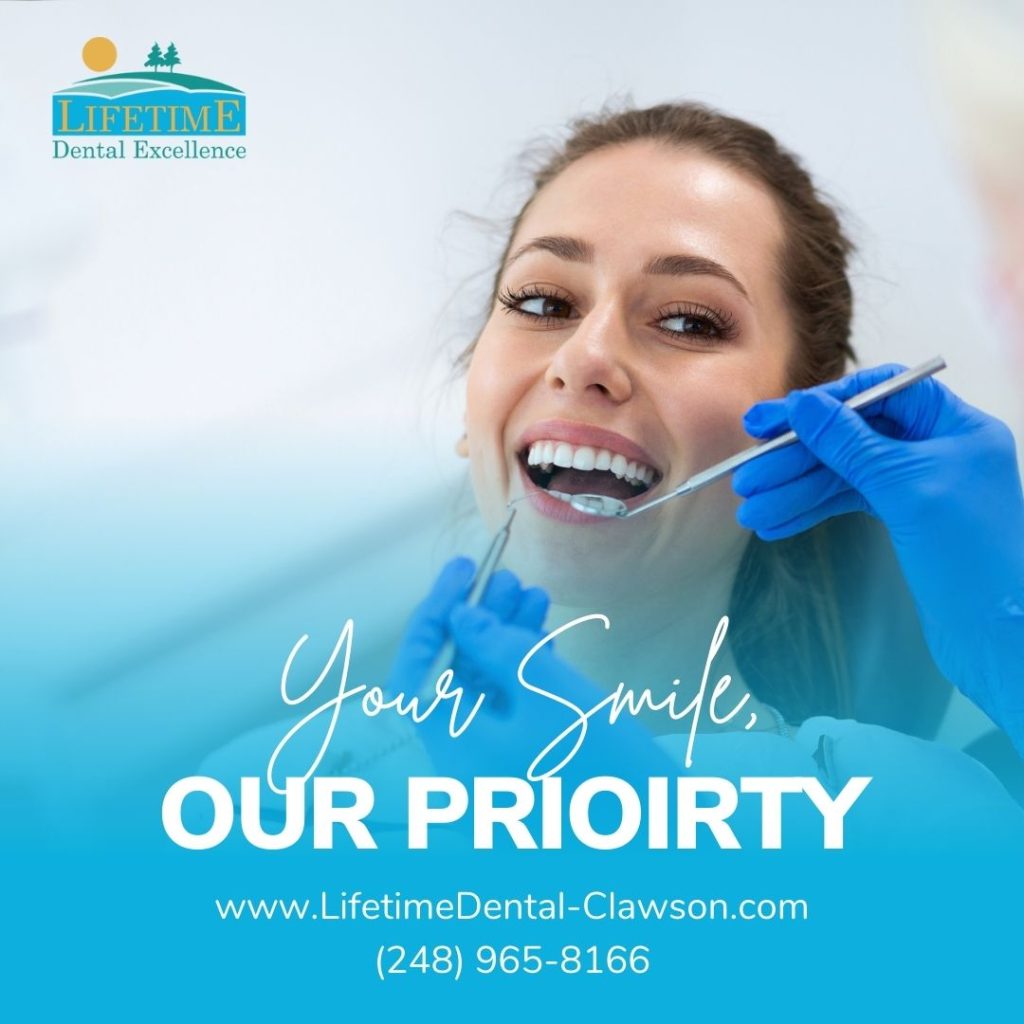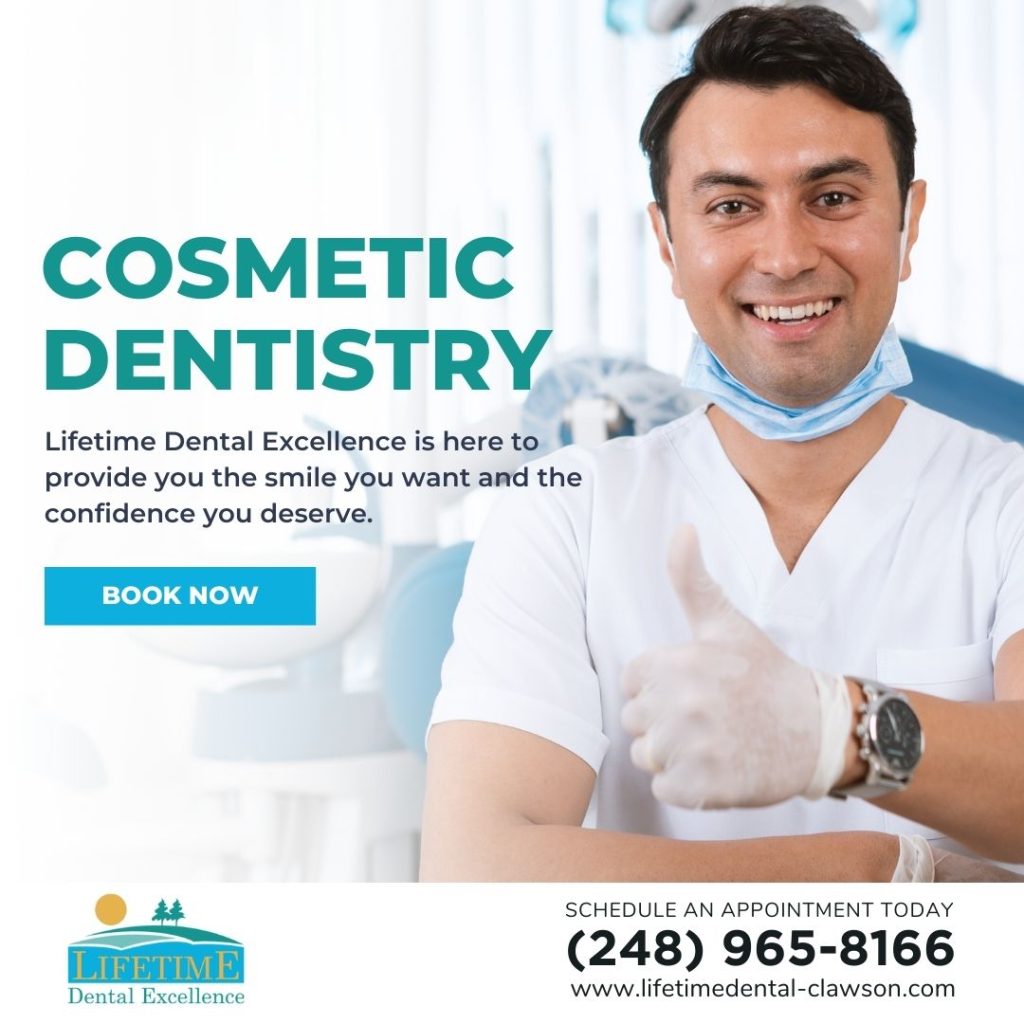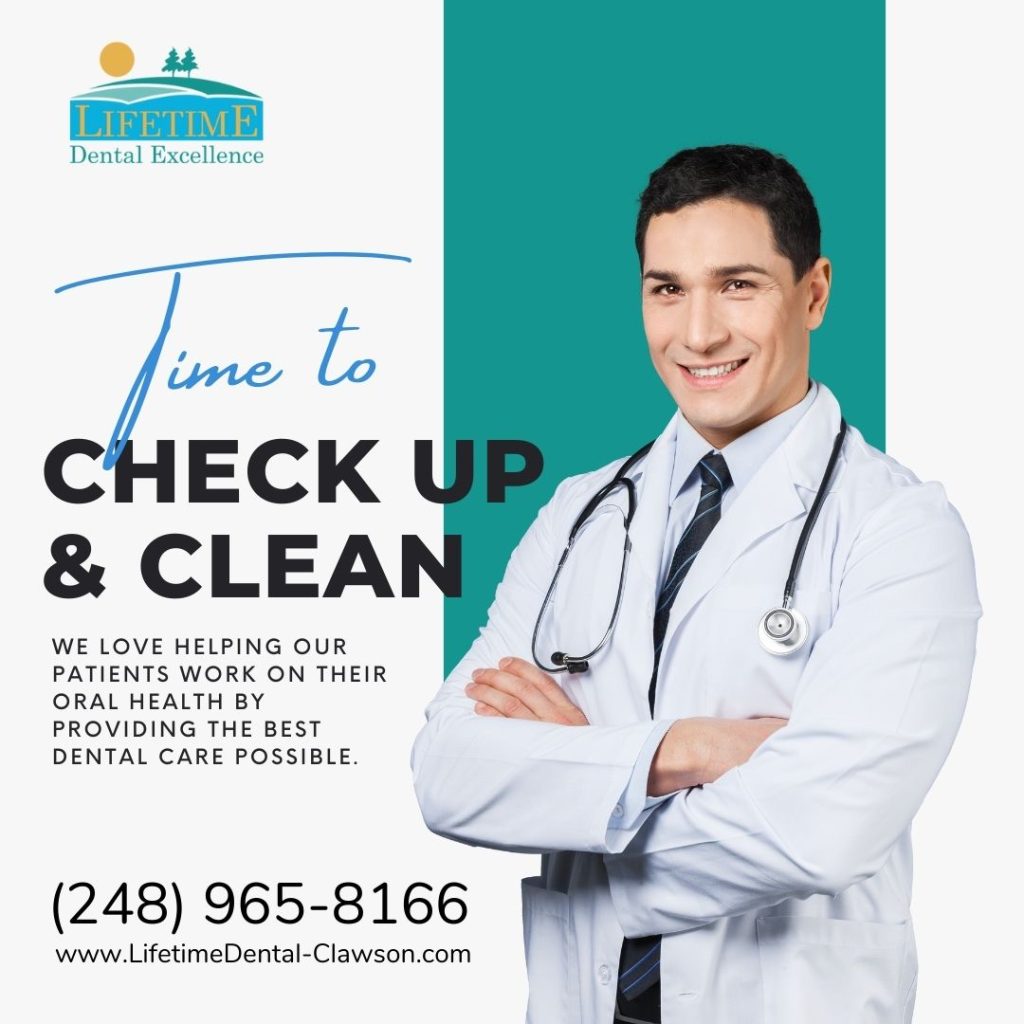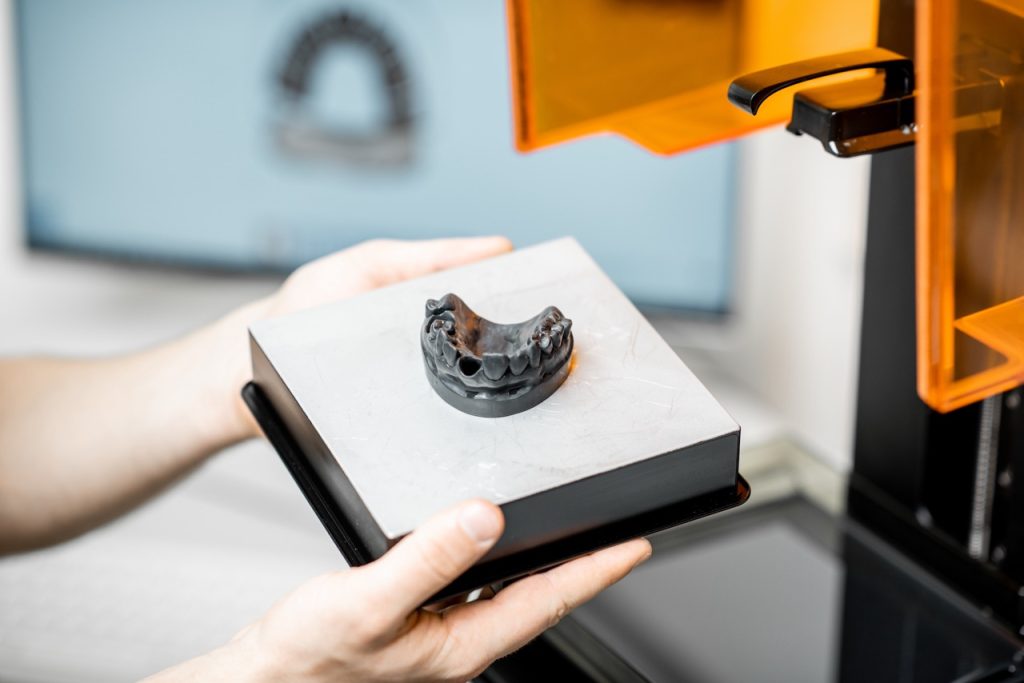
At Lifetime Dental Excellence, your smile is more than just a set of teeth—it’s an expression of who you are. That’s why our team is dedicated to providing comprehensive dental care that prioritizes your comfort and overall health. From preventive treatments to restorative and cosmetic services, we offer personalized care to keep your smile looking and feeling its best.
We understand that every patient has unique needs, which is why we take the time to get to know you and develop a tailored treatment plan. Whether you’re coming in for a routine check-up, need a filling, or are interested in enhancing your smile with cosmetic dentistry, we use the latest technology and techniques to deliver exceptional results.
Our goal is to create a positive dental experience that makes you feel confident and comfortable. We’re committed to providing compassionate care in a welcoming environment, so you always leave our office with a healthy, beautiful smile. Schedule your appointment today by calling (248) 965-8166 or visiting www.LifetimeDental-Clawson.com.






